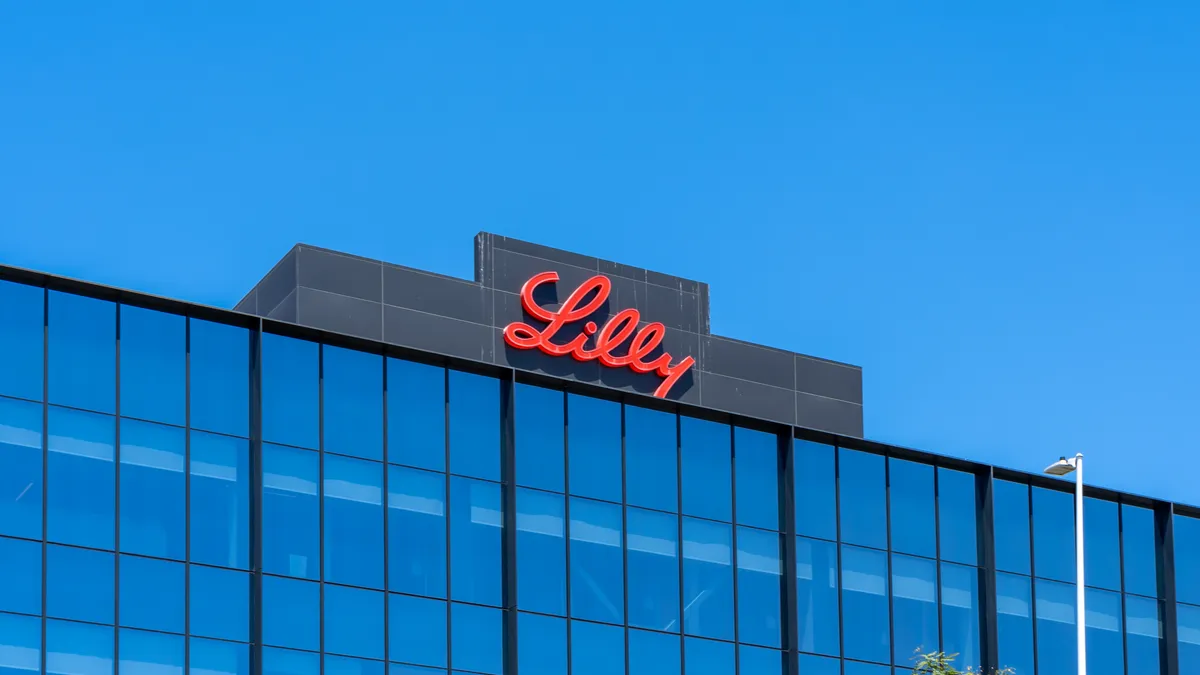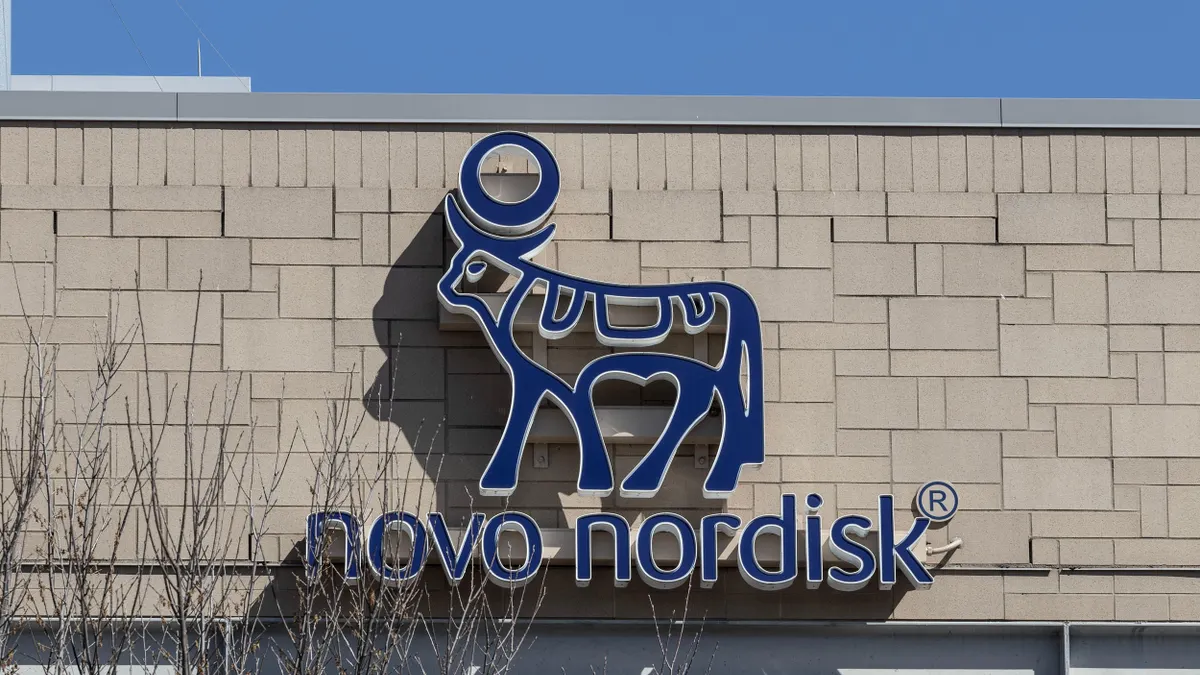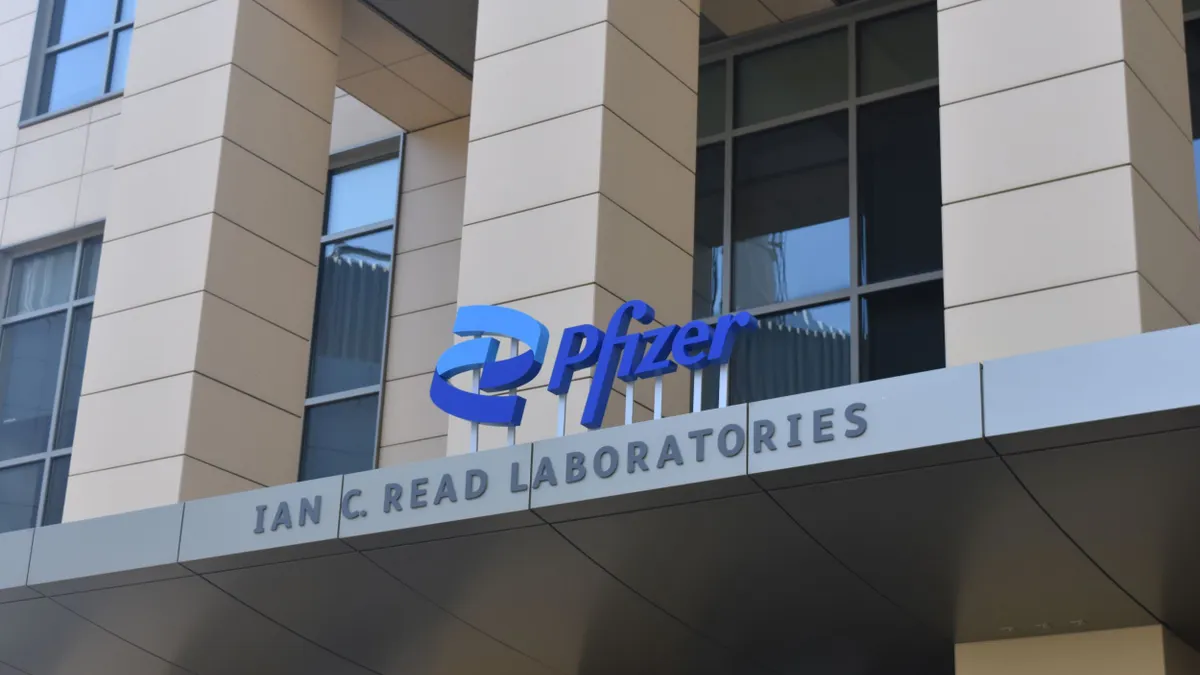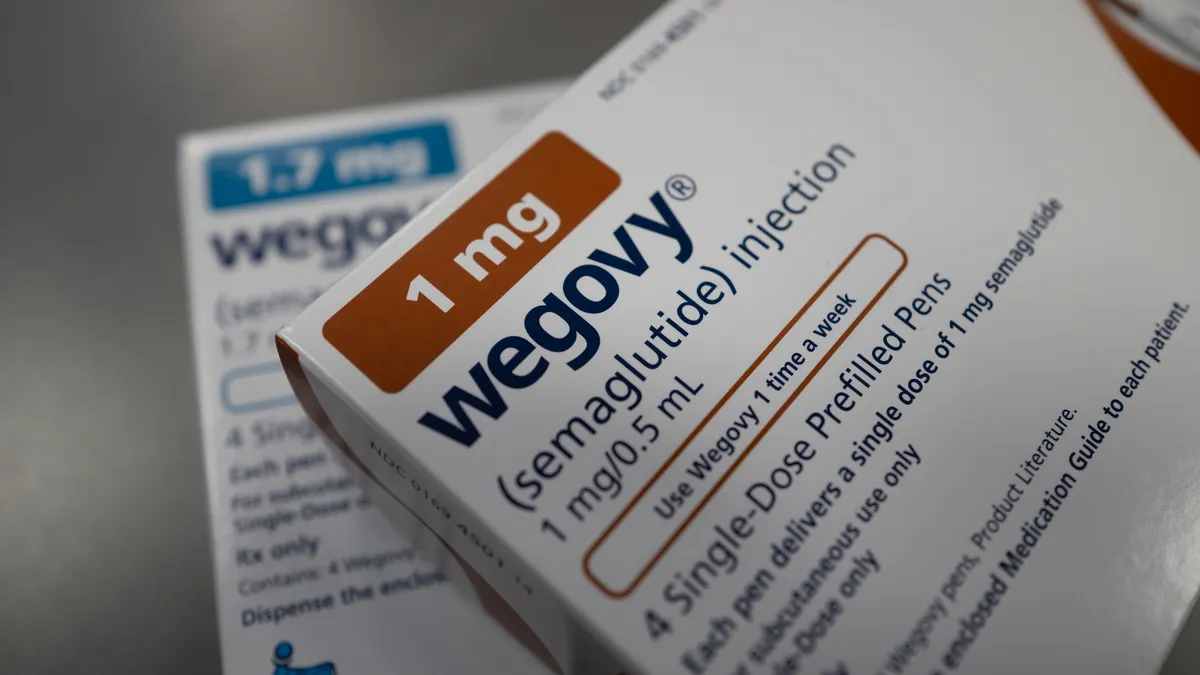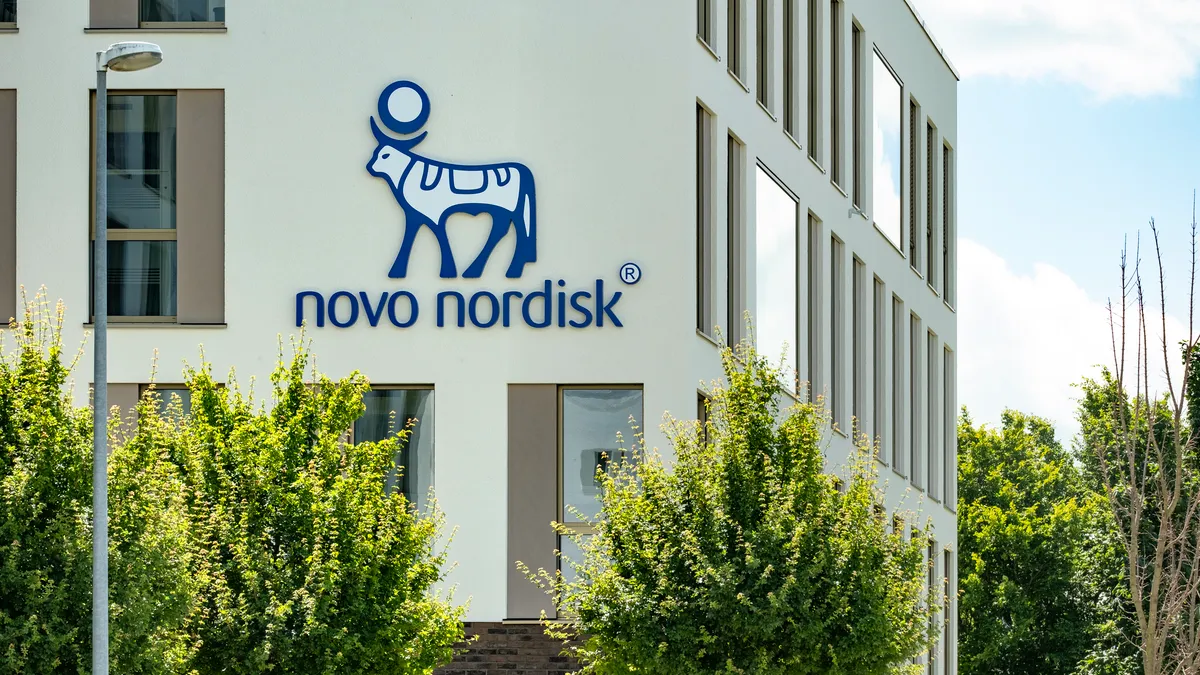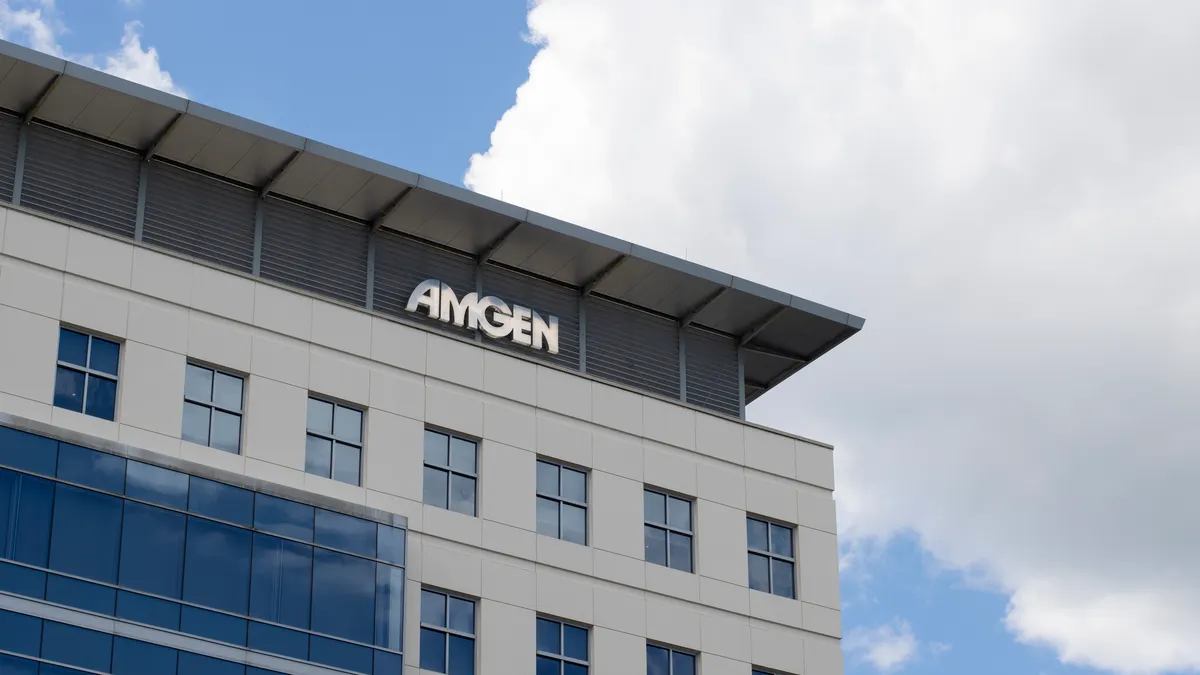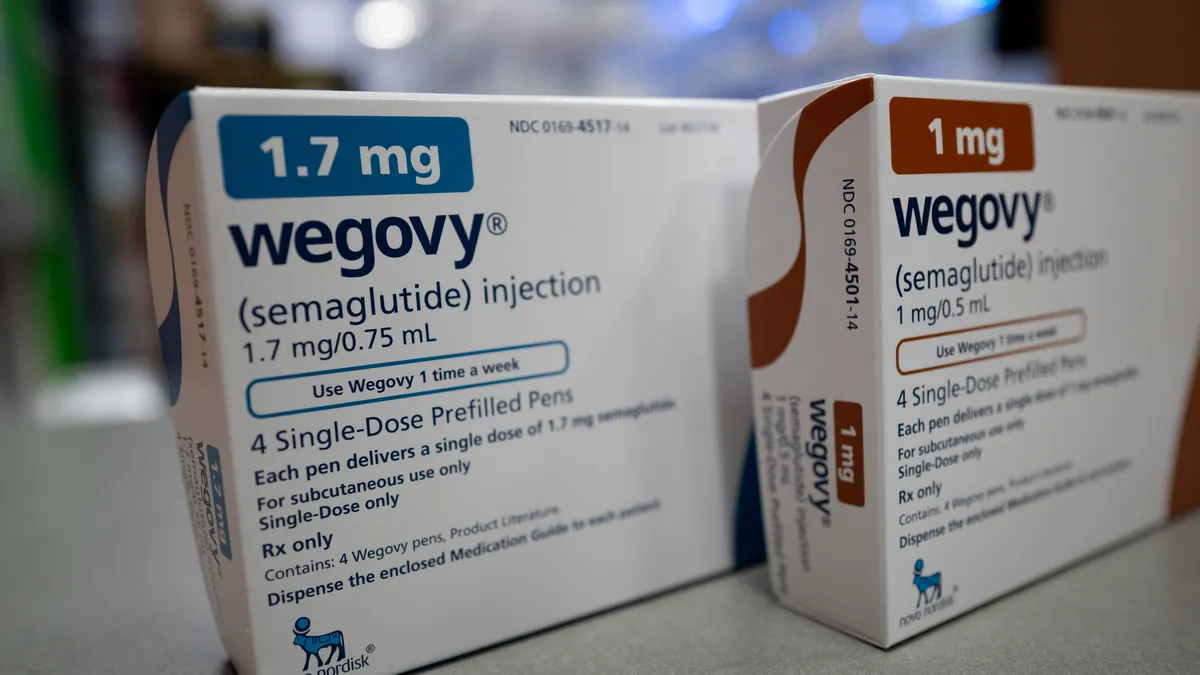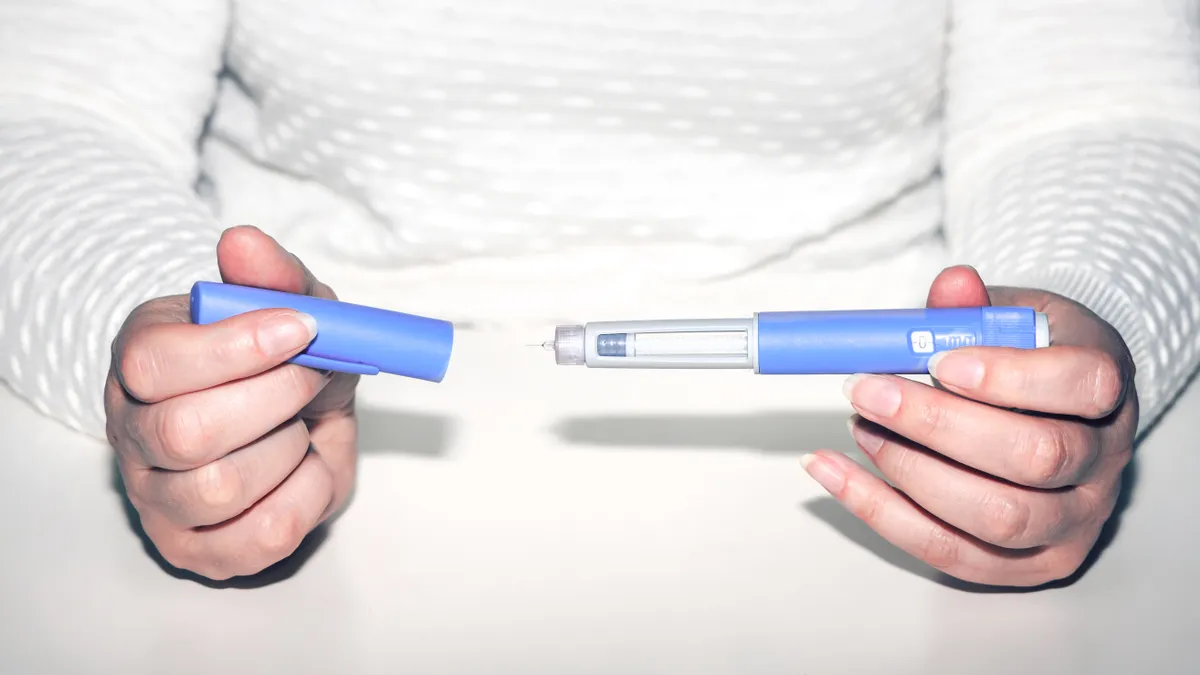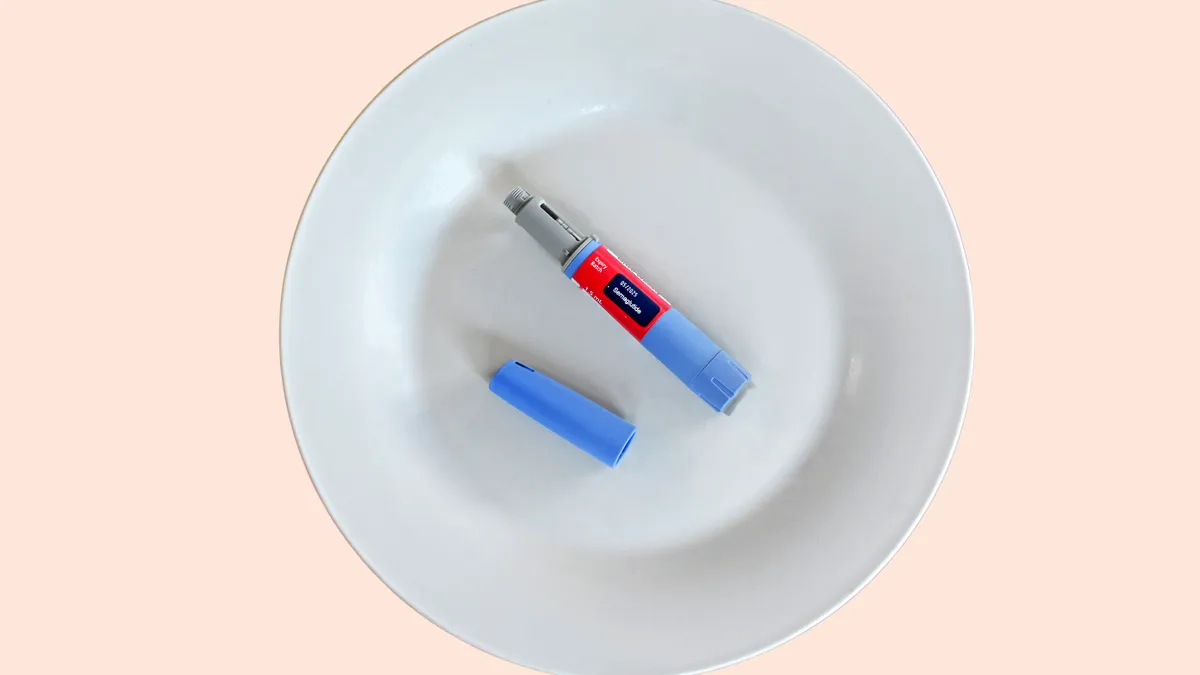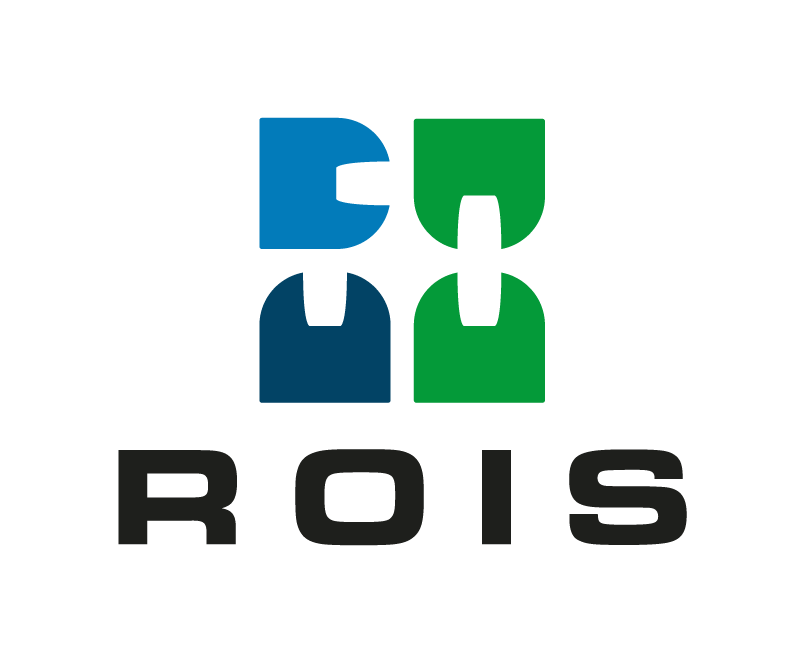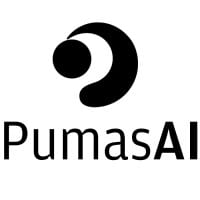Dive Brief:
- Roche has raised its bet on obesity, agreeing to pay Zealand Pharma $1.65 billion to license an experimental shot the Danish company put into a Phase 2b trial in December, Zealand said Wednesday.
- Per deal terms, Roche will pay $1.4 billion immediately and $250 million in anniversary payments to license petrelintide. With further milestone payments, Zealand could receive up to $5.3 billion. Roche and Zealand will co-commercialize the shot in the U.S. and Europe, and share in any profits and losses.
- The deal gives Roche access to a type of experimental drug known as an amylin analog, a class the Swiss pharmaceutical company didn’t obtain when it acquired Carmot Therapeutics 15 months ago. Roche plans on testing petrelintide with one of those drugs, for which Zealand could reimburse Roche $350 million.
Dive Insight:
Drugmakers have scoured the biotech world looking for new assets in obesity, enticed by forecasts the market will grow to $100 billion in annual sales. Amylin analogs, which stimulate a gut hormone that regulates appetite and blood-sugar levels, are the latest trend, with the Zealand deal following AbbVie’s $350 million licensing deal with Denmark-based Gubra.
That interest comes despite some doubts following Novo’s setbacks with a combination treatment called CagriSema, which pairs an amylin-targeting drug with the main ingredient in Novo Nordisk’s Wegovy. While the combination treatment appears to improve upon Wegovy, which stimulates another gut hormone called GLP-1, it didn’t appear better than Eli Lilly’s Zepbound, which pairs GLP-1 with an agent that targets a third gut hormone, GIP.
The GLP-1/GIP combinations “likely represent the most promising approach to promote weight loss that can be generalized to the broadest population while retaining a manageable tolerability profile,” William Blair analyst Andy Hsieh wrote March 10 in a note about CagriSema’s most recent clinical trial data.
Nonetheless, amylin-stimulating drugs appear to help people with obesity lose weight and could add to other types of drugs when used in combination. In addition to Zealand, Novo and AbbVie, Lilly, AstraZeneca and startup Metsera are testing amylin agents.
Zealand said Roche plans on developing petrelintide as a single agent and in concert with its own drugs, including a fixed-dose combination with a Carmot-developed drug called CT-388, a GLP-1/GIP combination.
Under the terms of the deal, Roche also will be responsible for commercial manufacturing and supply, removing a potential roadblock for Zealand launching the drug solo. Novo and Lilly initially struggled to produce enough of their drugs to keep up with skyrocketing demand, and Zealand’s obesity rival Viking just paid $150 million to a contract manufacturer to supply its experimental drugs.
“We are encouraged that Roche is now responsible for manufacturing and supply,” Tsieh wrote in a note Wednesday on the Zealand deal.
















